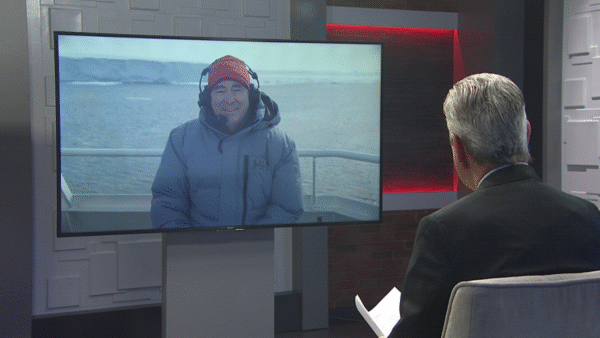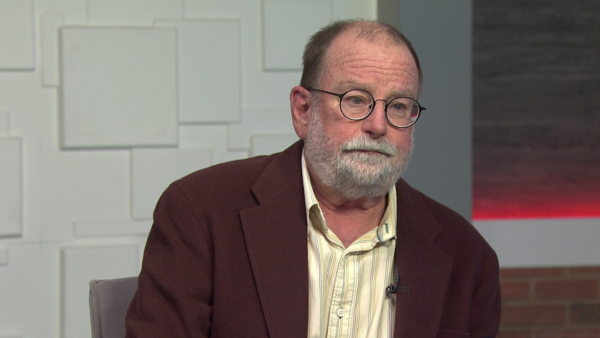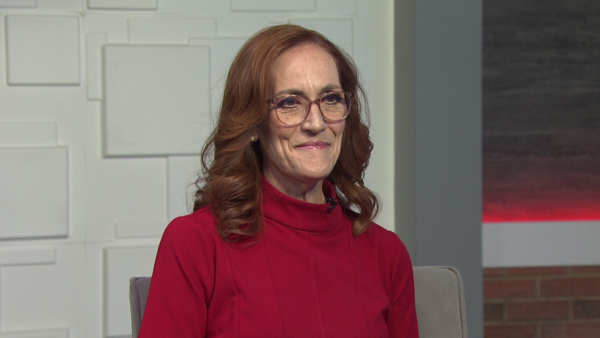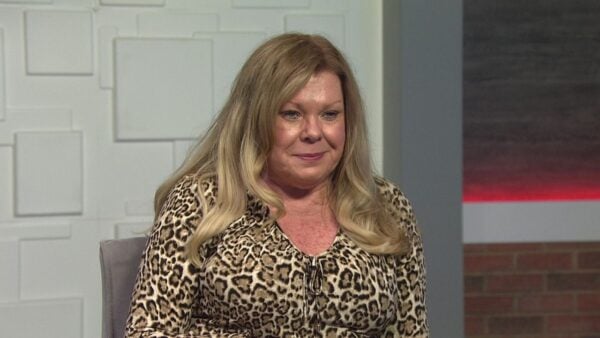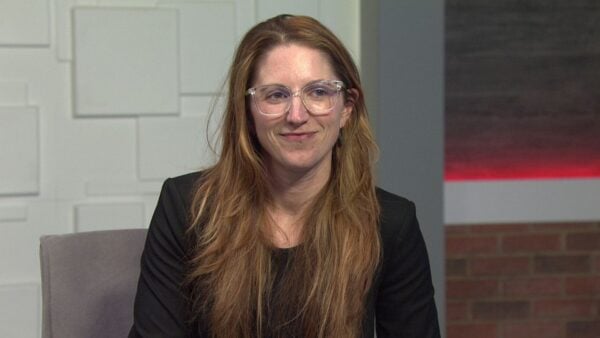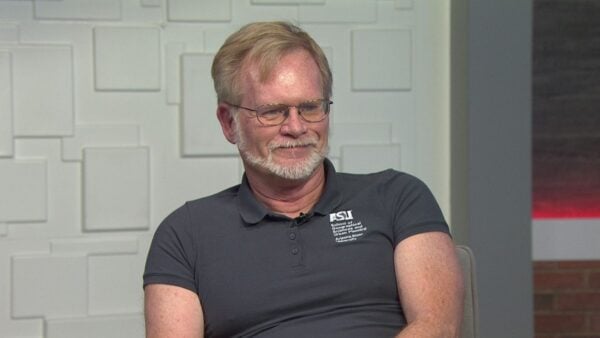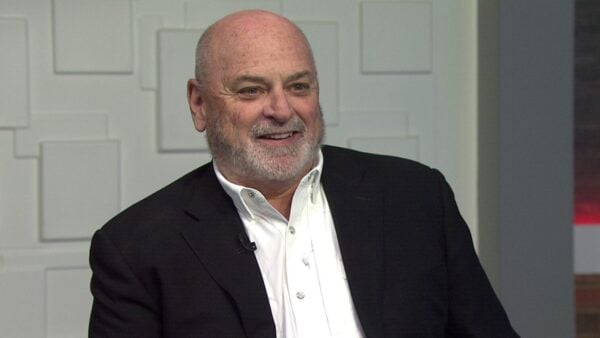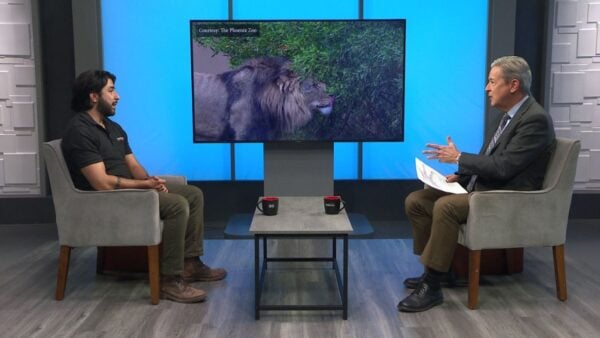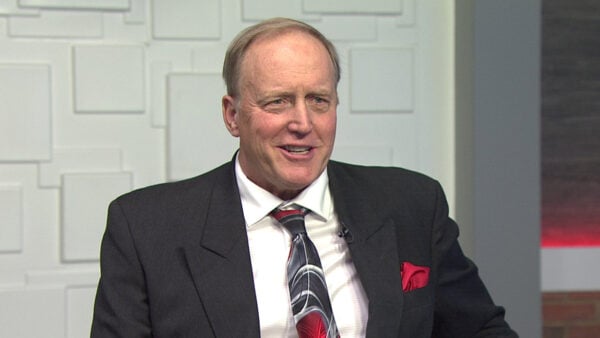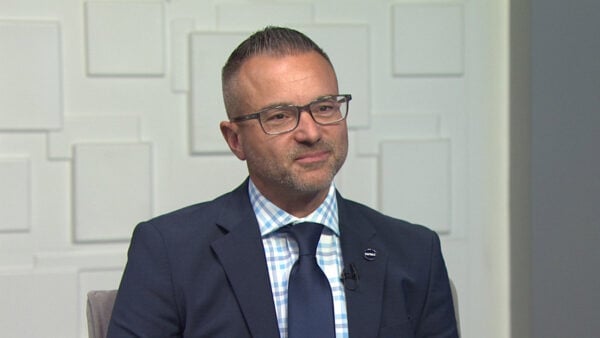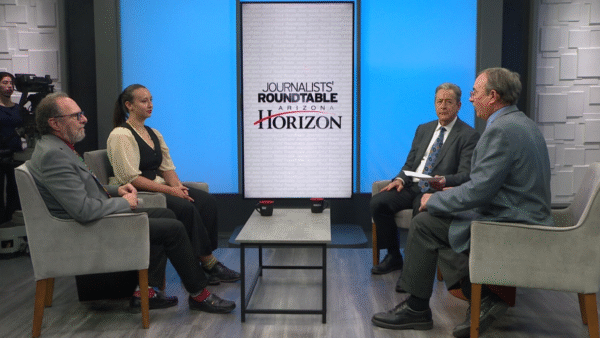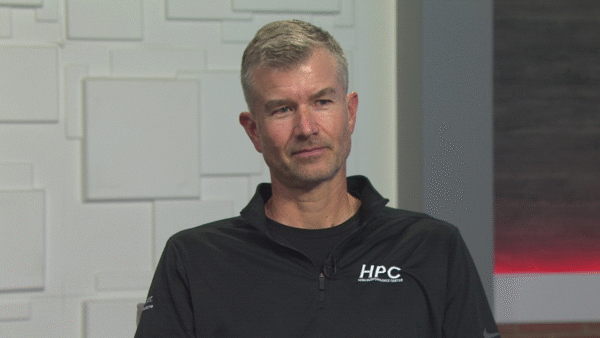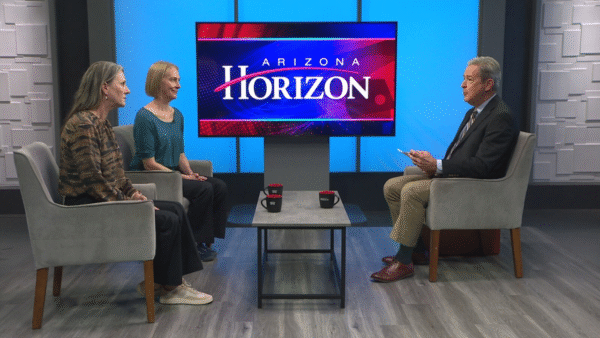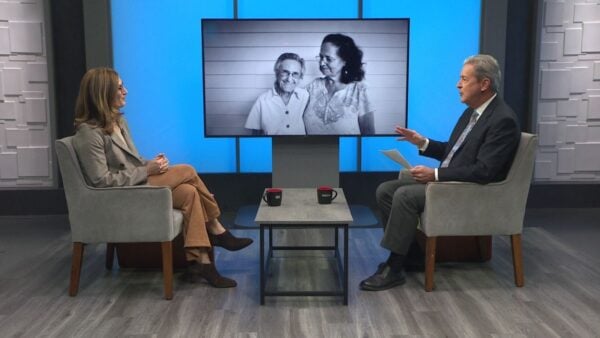ASU Law Professor talks about actions by the U.S. Supreme court on several cases that originated in Arizona, including a challenge to how the state funds education for English language learners. Bender also talks about a recent Ninth Circuit Court of Appeals ruling on Arizona’s private school scholarship tax credit program.
Ninth Circuit Decision
Ted Simons:
Hello and welcome to "Horizon." I'm Ted Simons. It's a big week for Arizona cases in federal courts. Yesterday, the United States Supreme Court heard a challenge to the way Arizona funds programs for English language learners. And today, the ninth circuit Court of Appeals ruled on Arizona's private school tuition tax credit program. Here to help us sort through it all is A.S.U. law professor, Paul Bender. Always a pleasure.
Paul Bender:
Nice to be here.
Ted Simons:
Let's start with the ninth circuit and the ruling on tax credit programs. You were involved with the case.
Paul Bender:
I argued the case and started the case along with another lawyer named Marvin Cohen and we are challenging the Arizona individual income tax credit program where people can give up to $1,000 and that's used for scholarships and that program was upheld on its face. We're not challenging the program as such. We're challenging the way its run and the reason is that about 75% of the scholarship money goes through school tuition organizations. Taxpayers give their thousand dollars to a school organization. There's about 50 of those. About 75% goes to school tuition organizations run by religious institutions and only give you a scholarship to go to a religious school and our argument is that that's religious discrimination which violates the Establishment Clause of the United States and that's what the ninth circuit held.
Ted Simons:
And the ninth circuit didn't look at the constitutionality. Or did they look at it and say it was okay?
Paul Bender:
No, they held it violated the U.S. to do that.
Ted Simons:
The application, but the programs themselves?
Paul Bender:
No, we didn't attack the program itself and we couldn't because the United States Supreme Court held a few years ago that under the U.S. constitution, a voucher program is constitutional. It's constitutional to give money to poor kids as long as the program is religiously neutral. So this program on its face is religiously neutral. When you read the statute, you wouldn't think there was any religious discrimination. But when it started to operate, almost all of the money -- now it's about 75% -- went to, say, the Catholic school organization. Phoenix is the largest of those. And it will only give you a scholarship to go to a school in the Catholic diocese of Phoenix and that's true of most of the large tuition organizations and it's not treated in a religiously neutral way. If you want a scholarship, you're much better offer if you want to send your kid to a religious school and we argued that violated the establishment clause of the United States constitution and the ninth circuit agreed.
Ted Simons:
The other side was saying still parents are free to apply to and go ahead and receive any scholarship. They still have that freedom. The freedom isn't necessarily there because of the religious standards.
Paul Bender:
Because they can only use the scholarship at a Catholic school, a Lutheran or a Jewish school. Whatever it is. And in giving out the scholarships, they say to the parents, where is your kid going to school? And if the parent says I'll make up my mind later, they say sorry. We'll give that scholarship and it will be earmarked for that school and you can't use it anyplace else.
Ted Simons:
Ok. Let's go to the English language learner case you were involved with.
Paul Bender:
Yes, I was. As a consultant on the Supreme Court part of the case and the Supreme Court heard argument on that yesterday. It was argued by a Washington law firm who did a really good job. And the issue there is whether many, many years ago, a federal district judge in Tucson ordered the state to adequately fund the English language learners programs. He did that pursuant to a federal statute that requires states to fund programs to make sure those whose native language isn't English learn English as soon as possible so they can learn math and science and all of the things that are taught in English, mostly. And held, I think in 2000 that the state was not funding that program. The state did not fund that program. But they have never adequately funded the program and the ninth circuit says it was never adequately funded and so the state is asking to remove that injunction, because they say now they're funding adequately. We look at the thing today and they say that the funding is adequate today. So the issue before the Supreme Court, a main one, is the funding adequate today? Even if it's not, I think there's an argument when the court tells you to do something; you should do it and before you come there and say I've done it, so tell -- relieve me of the obligation. You should have done it or made a good faith effort and the lower courts held they didn't do that.
Ted Simons:
And Ken Starr, one of the litigators presenting the case for the legislature and the officials here in Arizona basically saying that things have improved and so it is better but it sounds like Steven Brayer was saying that doesn't mean that mission's accomplished.
Paul Bender:
Right, I didn't hear the argument but I understand that's the -- several justices said that. Improvement is not enough. It has to be adequate funding and normally you would defer to lower courts' decisions. But the U.S. Supreme Court has been very, very scrupulous about trying to keep -- reign in federal -- rein in federal judges. So I think this is a very close decision which will probably be 5-4 and as usual, depends on Justice Kennedy.
Ted Simons:
Last point. It sounds like Scalia, maybe Roberts as well, wondering why something happening in Nogales has to happen for the rest of the state. They were curious, but that's the state's decision, correct?
Paul Bender:
I think it's the state's decision and the obligation to every child in the state. Not just in Nogales. So I think its right to look at it statewide. And it's a problem especially in these days when money is tight but there's an obligation and it's a constitutional obligation. It's unconstitutional to run a school system that doesn't teach kids something because they can't speak the language and congress decided the remedy is teach them the language and you have to adequately fund it. The issue is whether they are.
Ted Simons:
Another case involves a strip search about a teenager down there.
Paul Bender:
Did you notice how Arizona seems to be involved in --?
Ted Simons:
Everywhere.
Paul Bender:
-- So many. Here's a case where officials in the school, a girl said, was found with some pills she shouldn't have. Really Advil. Said she got them from another girl and first they strip searched the girl who they found the pills on and found them not on her body, they were in her purse and brought the other girl into the office and said, did you give her the pills? And she said no. Looked in the handbag and the nurse and the secretary of the principal took her into a room and told her to take her clothes off. She was down to her underwear and looked inside her underwear and, of course, found nothing. And she sued saying it was quite traumatic. And two issues. One is that constitutional to have that strong an invasion -- she was 13 at the time -- of her privacy on that flimsy of a reason. And it's -- flimsy of a reason. The Supreme Court came up with a doctrine called qualified immunity. Even if a state official violates a person's constitutional rights they're not liable for damages unless the right was clearly established at the time they violated it. So the argument of the defendants in this case is well, maybe we don't think it was unconstitutional, but even if it was, it wasn't clearly established it was. The ninth circuit and I think in a 6-5 opinion, held it's not only unconstitutional, but anyone would have known it's unconstitutional to strip search a 13-year-old.
Ted Simons:
Schools are watching it closely because again, if it's upheld, critics will say that all searches are ok. But to strike it down, a chilling effect of schools trying to do something of stopping drugs on campus.
Paul Bender:
One of the defenses was written by a person named Mike Hawkins but made the point you made. It's hard for school officials to deal with this and if you start putting barriers in the way, then maybe they won't do something they should and children will suffer. But, on the other hand, most people react to a strip search of a 13-year-old girl as a bit of an overreaction.
Ted Simons:
I know the decision came down today. Talk about the case.
Paul Bender:
The Arizona Supreme Court decided it was unconstitutional for the police to search a car after they arrested the driver outside of the car put him in handcuffs, put him in the police cruiser and so he wasn't available to get into the car and then searched the car and they arrested him for driving without a license. What were they looking for? The license? And they found drugs, of course, and the Arizona Supreme Court, I think, 3-2, trying to follow the United States constitution said we think this is unconstitutional. The dissent, written by justice Bales, said maybe they can do this kind of thing. So they agreed with the United States Supreme Court and all of the justices who said this ought to be unconstitutional and so another good day for Arizona.
Ted Simons:
A busy day for Arizona. That's for sure and we thank you for helping shed some light on it. Thanks for joining us, we appreciate it.
Paul Bender:
Nice to be here.
Paul Bender:ASU Law Professor;


